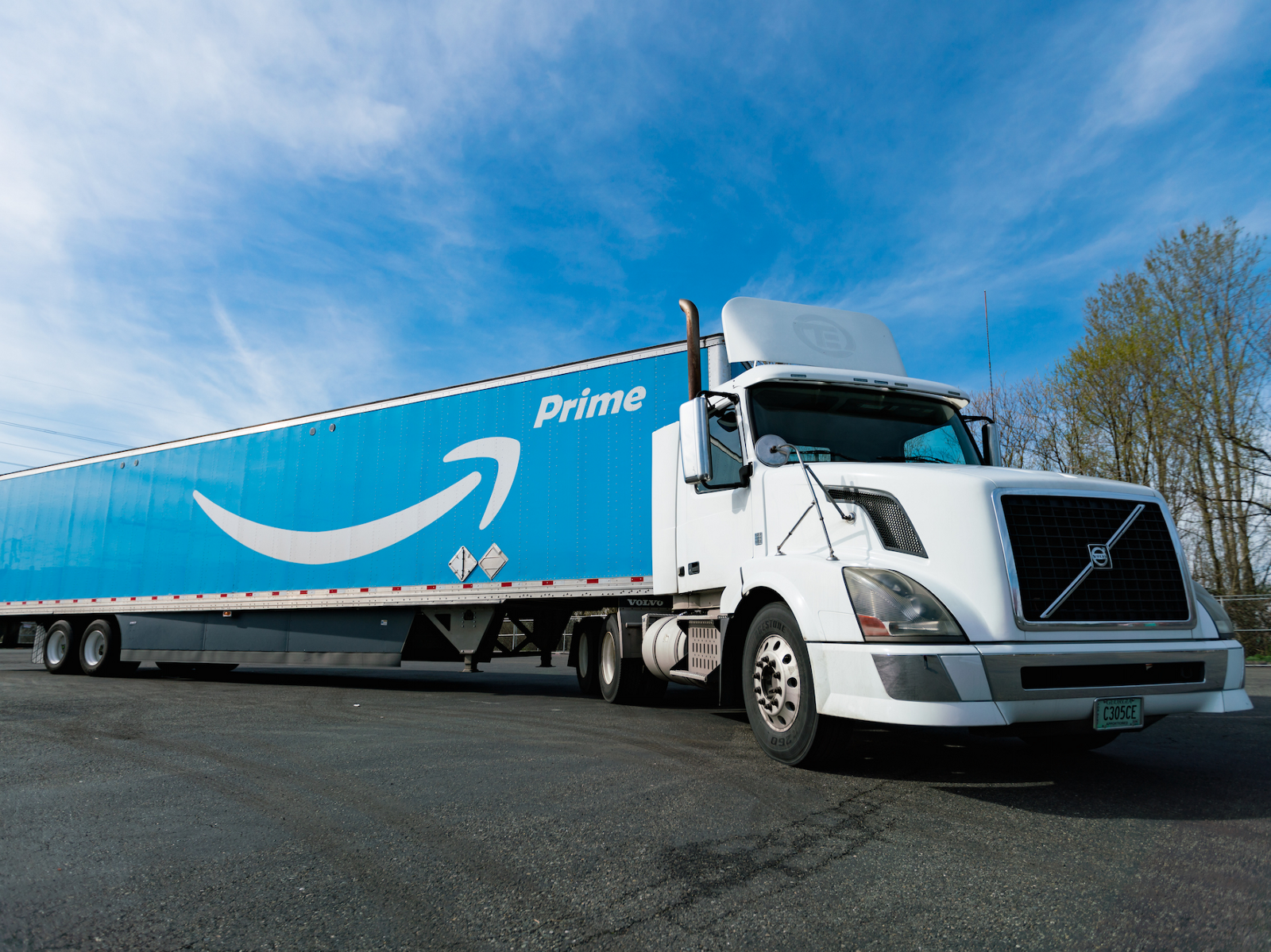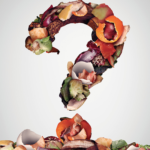Medium.com: AMAZON’S MOVE ON WHOLE FOODS IS PRIMAL, MORE THAN “DISRUPTIVE”

Pundits say Amazon’s takeover of Whole Foods is all about high-tech disruption, but much more is riding on it than that
by Wayne Roberts | Jun 19
The Amazon takeover of Whole Foods makes me feel really old.
It’s not like I grew up before there were cars, computers or mail order. But I do remember when politicians and media pundits used to have an automatic question whenever there was a corporate takeover — is it in the public interest?*
I know I date myself terribly, but I miss that kind of question, especially when it relates to something with as outsize an impact as food and beverage retail— which accounts for $5.3 trillion in yearly in sales in the US alone.
True believers in high tech disruption are having a heyday trumpeting out forecasts based on the positive and inevitable transformation to be caused by a takeover of a modestly-sized food retailer, Whole Foods, by Amazon, which a short time ago had a 0.8 per cent penetration of the $800 billion US grocery market, and even less in Canada and the UK.
Check out the analysis on this, that, or the other Linked in posts, if you want to see the drift of the argument I will challenge.
I believe the most important lens to apply to this corporate takeover is an eco-food lens, not a high tech/digital disruption lens.The Bezosification of food will have a long tail, and it will mostly be bad for all important things food-related.
Not just bad for farmers, workers and the same old/same old bricks and mortar crowd we’re used to seeing left to eat the disruption dust. This will be bad for health, the environment and cities — and even more important, for the fundamentals of food as a major definer of the human experience.
So let’s look at Bezosification not as a retail disruption story, but as a food story — one which accelerates the decline of people-centered food systems, not just traditional bricks and mortar retailers.
DOWN ON THE FARM
Problems faced by farmers, admittedly a tiny group in the population in the Global North, should not be pushed to the side in assessments of this takeover.
Farmers, together with fishers, are the people who feed us. Farmers in countries that will be most impacted by Bezosification are well into their 50s, because neither their kids nor any other grouping see a way of making a viable career or life out of working the land. This is the problem staring anyone concerned with overall food security in the face.If the digital transformation cheerleaders will acknowledge for a moment that food is a very long way from being digitalized, and that the human gut is some distance from converting digital units into nutrients, we can recognize that people who eat food will long need those who apply algorithm-free human skills and savvy to working the land and waterways.
A deal that is bad for farmers and farming deserves to be seen as a deal that starts off by violating the public interest and human needs. Perhaps worth a pause for reflection before going headlong down a path of disruption?
The historic reason why farming has such a hard time renewing its workforce is that the income is too low and the stress too high from coping with a situation where individual farmers buy everything retail (at no discount) from a handful of mega-corporations, and then sell everything wholesale (at big discounts) to a handful of corporations.
The turning point in how the squeeze on farmers got more intense came during the 1960s and ’70s, when supermarkets became major retailers of food, and when supermarkets came to be a highly concentrated and transformative force within the food sector. This trend has been documented by scholars such as Tony Winson — whose book is available from Amazon, the first name to pop up when you google Winson’s book title; it is now on sale for one cent + shipping, a price point farmers and food suppliers will want to mull over.

Agribusiness disrupted old-style farming and emptied the countryside; how will this look when Amazon gets into the picture?
The Amazon takeover of Whole Foods is a blip in that overall pattern of monopolization — with all due recognition of Amazon’s power, it is only a blip in the overall picture quickly summarized in this report. But an important blip, because it ramps up the speed by which tools will be adopted to intensify the impacts of monopolization — particularly the impact of squeezing farmers one more time to lower their prices below their costs of production and to devote their production to outsized wholesalers.
To the extent Bezosification makes the food retails sector more efficient and more responsive to customers, it will become more efficient at demanding more from and paying less to food producers.
This will happen in two ways.
One is the ever-deepening push toward private labels, which Amazon is exceptionally well-groomed to take full advantage of, moreso even than Walmart.
Processed foods is where supermarkets have always shone. Processed foods always provided the major point of differentiation and competitive advantage supermarkets had over independent grocers and farmers markets, both of which are both stuck selling actual foods the shopper must prepare from scratch — as an astute article has recently pointed out.The supermarket middle aisles, where these once-foods are sold, is where Big Retail makes Big Money, because the retailer runs off with the revenue that once went to the brand value, savvy and connections built up by processors, and turns processors into low-cost commodity producers. In turn, the bargain-rate processors outsource their ingredient orders to whatever producer is desperate enough to sell at bargain basement rates.
Secondly, Bezosification adds another powerful player who demands full payment for the set of tasks that used to be managed in a more helter-skelter way.
To survive, Big Retail has to rush headlong into all the expenses of creating, nurturing and catering to customers who just want some dependable product delivered to them so they can cope with the rush of their lives.
These are expensive customers to create and cater to, and someone has to pay for it — and it isn’t going to be the customer, the supermarket or the processor. More money has to be taken out of the consumer food dollar to go to retailers who go to such lengths to cater to consumers, and that additional expense will be covered by the least powerful member of the food chain — the farmer.
DOWNER FOR FOOD WORKERS
This takeover will not make the food industry great again, at the very moment when its greatness is sorely needed.

The new workforce of artisans, such as chocolate makers at Toronto’s ChocoSol, care passionately about food and social or environmental causes; how will they react to Amazon’s latest disruption?
In a reasonable world, most jobs in the food sector would have an artisanal, professional or entrepreneurial quality. Growing and processing food properly (with a minimum of toxins, and a optimum of nutrient-retention and sustainability) requires extensive brain-hand coordination, which is the hallmark of artisanal occupations. Educating producers and consumers for the level of food literacy required of a knowledge-intensive and knowledge-worthy part of life requires many who owe their training to professional, as distinct from corporate, training. And the hundreds of thousands of local and independent companies needed to bring producers and consumers together in value-enhancing ways opens the floodgates for entrepreneurship.
That, at least, has been my vision…
to continue reading, click here.


